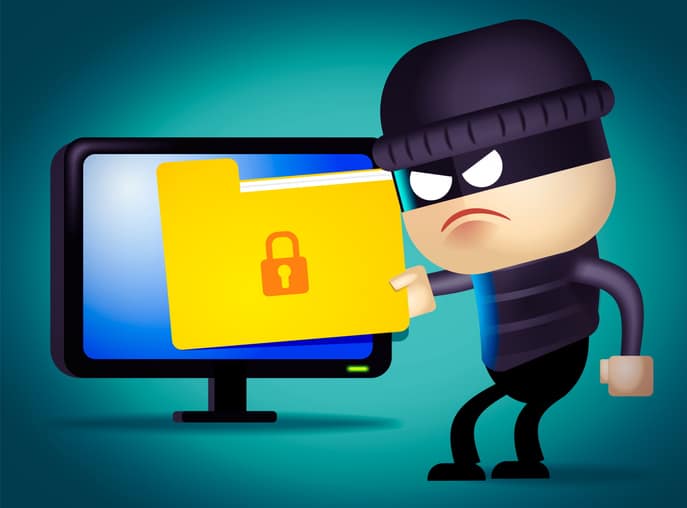Cyber Security is Vital for Small Businesses
Small Business Tech Security
Small businesses need to take cyber security seriously, preventing lapses or weak points that could lead to major data breaches or attacks.
Posts about:

Small businesses need to take cyber security seriously, preventing lapses or weak points that could lead to major data breaches or attacks.

Discover how an increasingly popular authentication process, OAuth, can be exploited by hackers and wreak havoc on applications and access sensitive data.

We’re only halfway into 2019, yet data protection specialists and IT analysts have already seen an unfortunate spike in criminal activity across industries.

A recently discovered security vulnerability could leave Mac users exposed to malware disguising itself in other programs. If your business relies on Mac, it’s important to know how you can protect your company from falling victim to a cyberattack.

Buying a company is no small undertaking, even if the company is considered “small” by industry standards. Due diligence is a huge part of the process. Anyone considering purchasing business must review a whole host of issues with the company to ensure that they are making a good decision. Things like accounts receivable, market position, and vendor relationships should all be considered, just to name a few.

Your small business needs a cybersecurity strategy, but beyond that, it also needs security awareness training. These two areas are not one and the same. There are important, distinct differences.

There are many types of risk in business: the risk that a new competitor will come on the market and steal market share, the risk that top staff members will jump ship for a better offer . . . but are you considering the significant risk that is associated with a cyber attack? A recent report by IBM shows that more than 77 percent of companies don’t have a cybersecurity response plan in place, a dangerous proposition when you consider that 60% of businesses that suffer a cyber attack fail within 6 months. These are pretty terrifying statistics for small to mid-size business owners, especially in specific verticals that require the capture and storage of sensitive customer data such as health and financial information.

For today’s tech blog we’ll tackle a topic that’s become much more visible over the last couple years. What are tracking cookies? How do they get on your devices? Can they harm your devices? We’ll answer these three questions in this post.

Cyber attackers are highly motivated to obtain or corrupt your company’s data. But whether their motivation is to steal your funds outright, hold your data for ransom, practice espionage, or simply disrupt your business, most hackers cannot access your network without an “in.”

As the digital community continues to expand to include more individuals and more devices, enforcing cybersecurity becomes more complicated. The number of opportunities and vulnerabilities for hackers to leverage is continuously growing; it is imperative for businesses to take proactive measures to protect themselves. With new terms and acronyms constantly emerging to refer to these issues, it’s helpful to make sure you and your team are on the same page with the vocabulary you use.